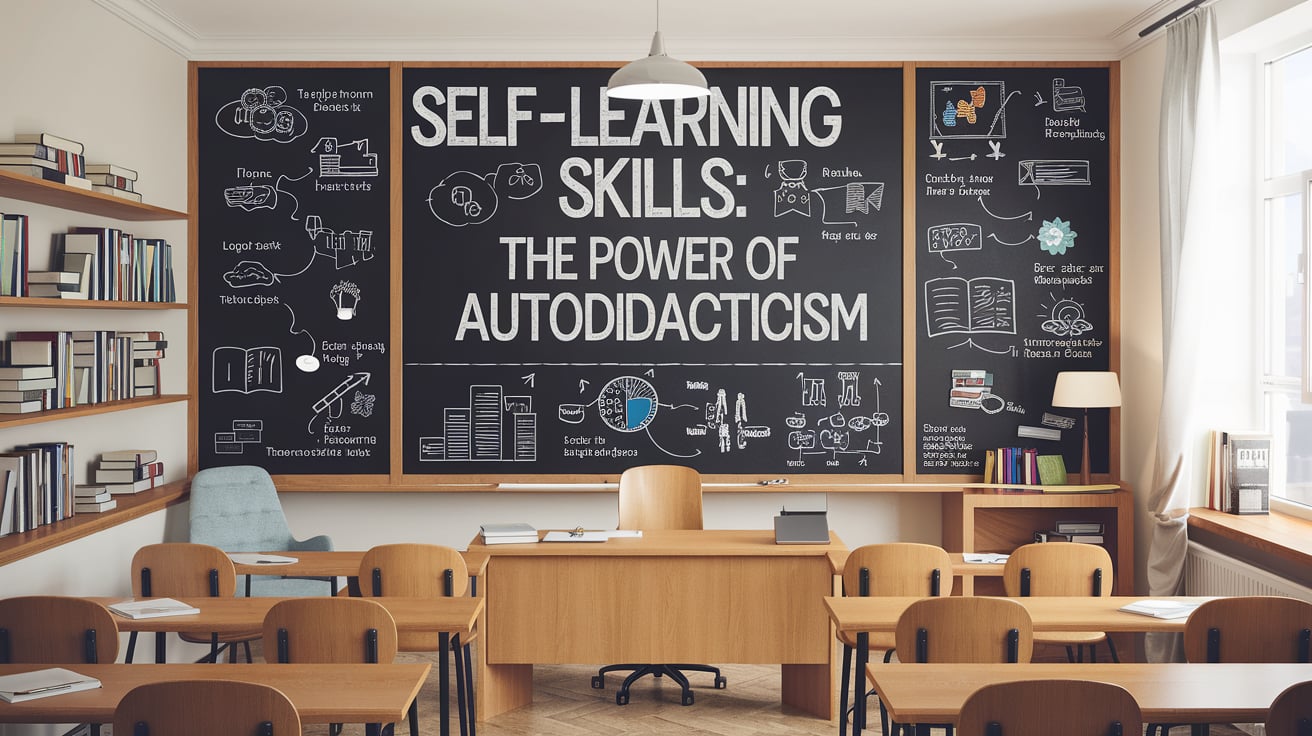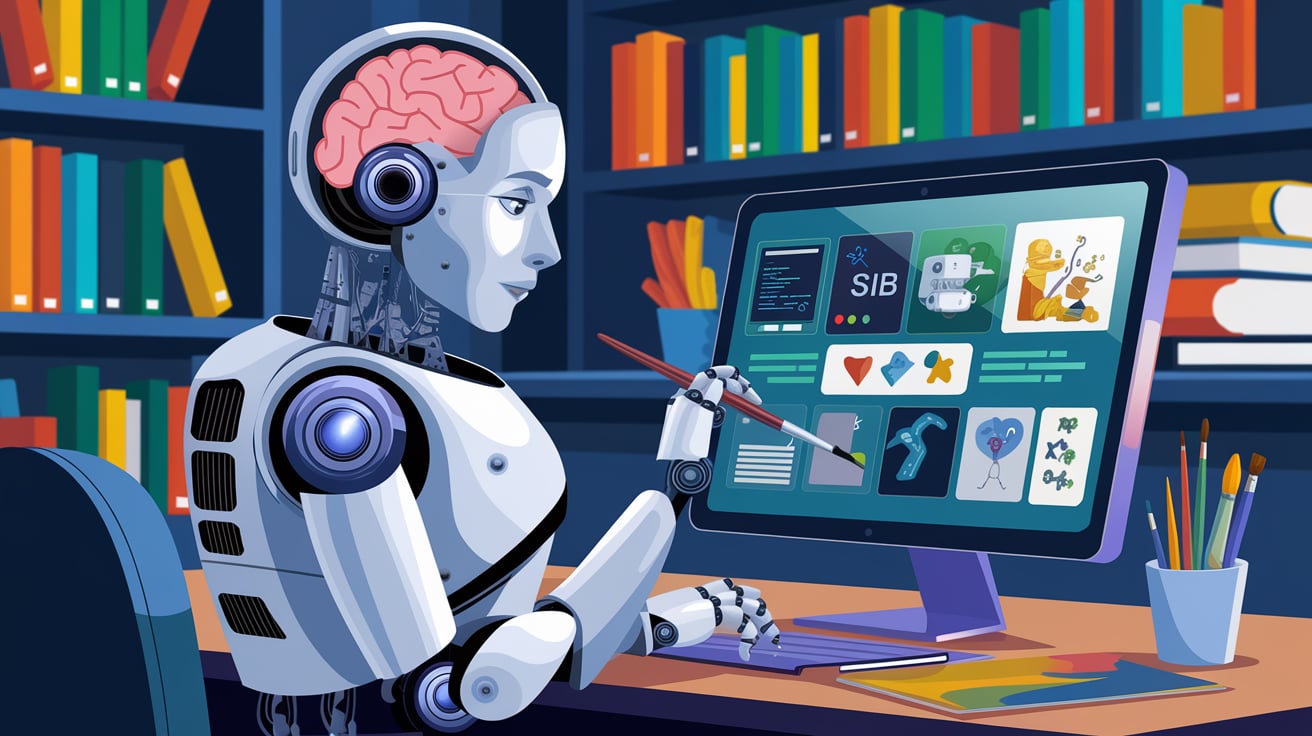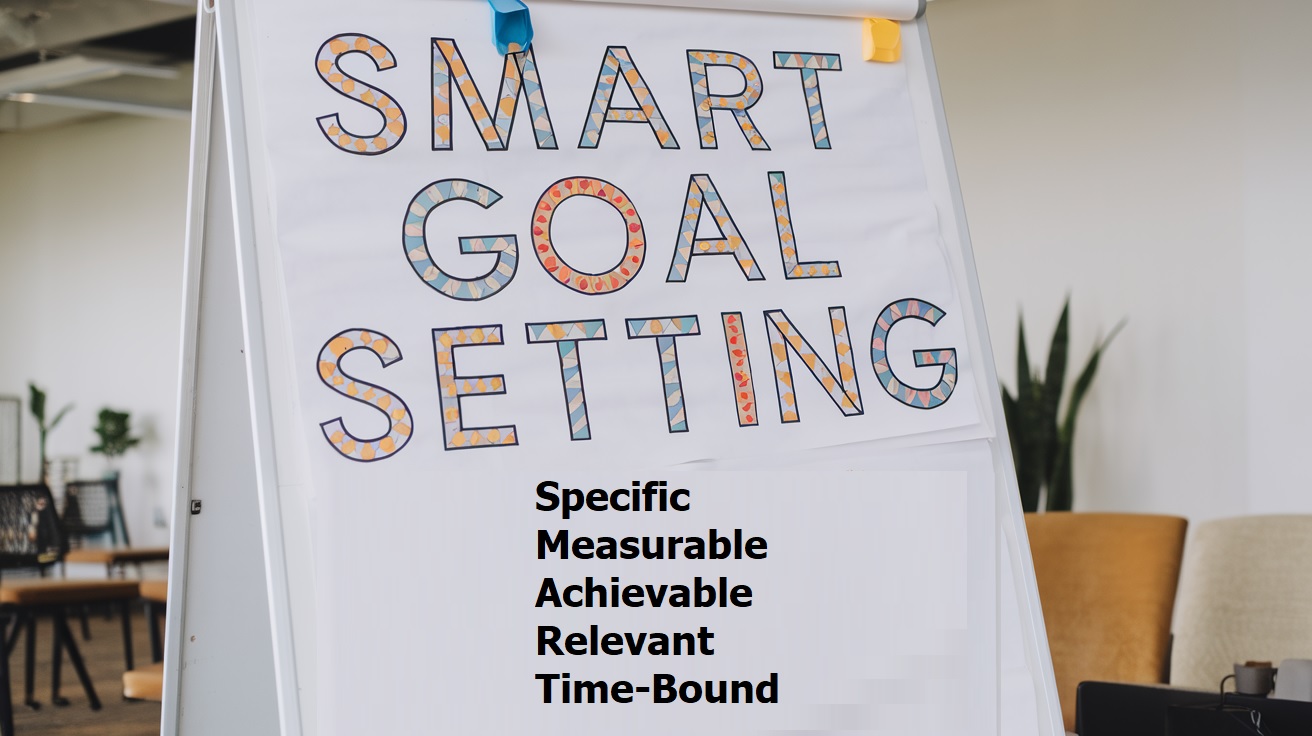
Imagine this: you're challenged—learning something completely new. You don't have a teacher, a classroom, or a structured plan to follow. What do you do? This scenario highlights the importance of self-learning skills, the ability to seek knowledge, adapt, and grow independently.
Whether exploring a new hobby, upgrading your professional skills, or expanding your understanding of the world, self-learning is invaluable for personal and professional development.
This guide explores self-learning skills, their value, and how to cultivate them effectively. You'll have actionable strategies to become a more effective, confident, and resourceful learner by the end.
What Are Self-Learning Skills?

Self-learning skills are the ability to independently seek knowledge, develop competencies, or master new concepts without relying on structured instruction or formal education systems. They emphasize personal initiative, empowering individuals to take control of their learning journey by identifying what they need to know, determining the best resources, and setting actionable steps to achieve their goals.
At the heart of self-learning is curiosity—the desire to explore new ideas and expand understanding—and resourcefulness, which involves effectively finding and utilizing tools, materials, and methods to support learning.
In today's world, where information is abundant and accessible at the click of a button, self-learners must also exhibit discipline. It's easy to feel overwhelmed or distracted. Still, those with strong self-learning skills focus their efforts, stay motivated, and make consistent progress. They immediately get guidance; instead, they create their roadmap, assess their performance, and adjust their approach based on outcomes.
Self-learning isn't limited to any specific domain—it applies to professional skills like coding or public speaking, personal pursuits like learning a new instrument, or even academic challenges. For instance, a self-learner exploring digital marketing might start by identifying key areas such as SEO or content strategy, finding resources like online courses or blogs, and then practicing and refining their understanding through real-world applications.
This proactive approach to learning is increasingly valuable in the modern workplace. Employers seek individuals who can adapt quickly, acquire new skills as industries evolve, and approach problems creatively and independently. According to a LinkedIn Learning survey, 74% of employees believe self-directed learning is crucial for career growth. It's not just about gaining knowledge—it's about demonstrating initiative, adaptability, and problem-solving, qualities that set self-learners apart in a competitive landscape.
By cultivating self-learning skills, you're equipping yourself to stay relevant in your career and fostering personal growth. This approach builds resilience, critical thinking, and the confidence to tackle challenges head-on, making it a cornerstone of lifelong development.
Benefits of Self-Learning
Self-learning offers many benefits beyond acquiring knowledge—it's a transformative skill that empowers individuals to grow personally and professionally. Let's explore these advantages in greater detail:
1. Flexibility
One of the most appealing aspects of self-learning is the flexibility it provides. You can learn at your own pace, choosing when, where, and how to study. Whether balancing a full-time job, managing family responsibilities, or pursuing multiple goals, self-learning fits seamlessly into your schedule. It eliminates the constraints of traditional learning environments, allowing you to make progress in ways that work best for you.
2. Cost-Effective
Unlike formal education, which often involves significant financial commitments, self-learning is incredibly budget-friendly. Many high-quality resources, such as online courses, podcasts, eBooks, and educational apps, are free or at minimal cost. For example, Coursera and Khan Academy offer comprehensive learning materials without hefty tuition fees, making knowledge more accessible than ever.
3. Personalization
Self-learning enables you to tailor your educational journey to your interests and goals. Unlike standardized curricula, which may include irrelevant topics, self-learning focuses only on what matters to you. For instance, to master photography, you can dive into technical skills like aperture and lighting while skipping unrelated content. This customized approach keeps you engaged and motivated.
4. Confidence
Engaging in self-learning fosters independence and self-confidence. Successfully navigating challenges and achieving goals without external guidance proves you can solve problems and acquire skills independently. This boost in confidence extends to other areas of life, reinforcing your ability to face new challenges head-on.
5. Employability
In a competitive job market, self-learning sets you apart. Employers increasingly value candidates who take the initiative to learn and adapt independently. Demonstrating self-learning skills signals to employers that you are proactive, resourceful, and prepared to tackle the ever-changing demands of the workplace.
According to the World Economic Forum's Future of Jobs Report, self-learning and adaptability are among the top skills employers prioritize for 2025 and beyond. This shift highlights how essential it is for professionals to upskill and reskill to stay relevant continuously.
Key Components of Effective Self-Learning

Developing self-learning skills requires a structured approach. While the process is flexible and personal, essential components are foundational to success. Let's break down the key elements that make self-learning effective and sustainable:
1. Self-Assessment
Evaluating your current stand is crucial before diving into any new learning journey. Self-assessment helps you identify your strengths, weaknesses, and gaps in knowledge. For example, if you're learning graphic design, ask yourself:
-
What do I already know about design principles?
-
What software or tools do I need to master?
-
What skills will benefit me most in my career or personal projects?
Tools like a SWOT analysis (Strengths, Weaknesses, Opportunities, Threats) can clarify your starting point and provide insight into areas needing improvement. Self-assessment lays the foundation for setting realistic goals and tracking progress.
2. Goal Setting

Once you've assessed your current abilities, the next step is to set clear, actionable goals. Ambiguous goals like "learn coding" can feel overwhelming and lead to procrastination. Instead, focus on SMART goals (Specific, Measurable, Achievable, Relevant, Time-Bound).
For instance:
-
Specific: Learn the basics of Python programming.
-
Measurable: Complete one module of a beginner Python course every week.
-
Achievable: Dedicate 30 minutes daily to practice.
-
Relevant: Gain programming knowledge to support a career in data analysis.
-
Time-Bound: Master Python basics within three months.
Having specific goals directs your learning journey, keeps you motivated, and makes it easier to measure progress.
3. Time Management

Balancing self-learning with other responsibilities requires strong time management. It's easy to let learning fall by the wayside without a fixed schedule. Here's how to make the most of your time:
-
Set Dedicated Learning Time: Allocate a consistent slot in your daily routine, even for 20–30 minutes. For example, learning every morning with a cup of coffee can create a productive habit.
-
Break Tasks into Smaller Chunks: Instead of overwhelming yourself with lengthy sessions, divide your learning into manageable segments. For example, if you're reading a book, aim to complete one chapter or key concept per session.
-
Use Productivity Tools: Apps like Trello or Google Calendar can help you organize tasks, set reminders, and stay on track.
The Pomodoro Technique, which alternates 25 minutes of focused work with 5-minute breaks, is an excellent way to maintain concentration while avoiding burnout.
4. Resourcefulness
Identifying and utilizing the right resources is a hallmark of successful self-learners. With countless online tools, choosing high-quality, reliable sources that align with your goals is essential. Here's a mix of valuable resources:
-
Online Courses: Coursera, edX, and Udemy offer structured, expert-led courses.
-
Books and eBooks: Books are timeless learning tools, whether digital or physical.
-
Tutorials: YouTube hosts free content, from step-by-step tutorials to in-depth guides.
-
Podcasts and Blogs: These are great for bite-sized learning on the go.
-
Community Forums: Platforms like Reddit or Quora allow you to connect with others who share your interests.
When selecting resources, prioritize those that match your learning style. Visual learners prefer videos, while readers may gravitate toward articles or books.
5. Discipline and Consistency

Consistency is the glue that holds self-learning together. It's easy to feel motivated when you start, but maintaining momentum over time requires discipline. Here's how to stay consistent:
-
Build a Routine: Make learning a daily habit, even if it's just for a short time. Small, regular efforts compound into significant progress.
-
Eliminate Distractions: Create a focused learning environment by turning off notifications and setting boundaries during study time.
-
Track Progress: Keep a journal or use apps to log what you've learned daily. Seeing progress can reinforce your commitment.
According to a study published in Psychological Science, consistent practice over time enhances learning retention and builds long-term habits.
Why are These Components Essential?
These components—self-assessment, goal setting, time management, resourcefulness, and consistency—form the backbone of successful self-learning. They provide structure, keep you motivated, and ensure steady progress toward your goals. By implementing these principles, you can make your learning journey more efficient, enjoyable, and impactful.
Self-learning is about more than cramming information or rushing through materials. It's a process of continuous growth, and these foundational elements ensure you stay on track while enjoying the journey. Whether pursuing professional development or a personal passion, these steps will help you thrive as an independent learner.
Proven Techniques for Self-Learning
Adopting the proper techniques is crucial to mastering self-learning. These methods enhance retention and make the process more engaging and rewarding. Let's dive into some proven strategies:
1. Active Learning
Active learning is the opposite of passive consumption. Instead of simply reading a book or watching a video, you actively interact with the material to internalize it better. Here are some ways to practice active learning:
-
Take Notes: Jot down key points while reading or watching a tutorial. Writing helps you process and remember information more effectively.
-
Summarize in Your Own Words: After learning something new, explain it to yourself or others in your own words. This ensures you've understood the concept.
-
Quiz Yourself: Test your knowledge through quizzes or flashcards. Platforms like Quizlet make this process simple and fun.
Studies from Cornell University show that active learning improves information retention by up to 40%, compared to passive learning methods like listening or reading.
If you're learning a new language, instead of passively listening to an audio lesson, write down vocabulary words, create flashcards, and use them in sentences.
2. Leveraging Technology
Technology has made self-learning more accessible and efficient than ever. By utilizing the right tools, you can create a customized and interactive learning experience:
Educational Apps:
-
Duolingo: Perfect for language learners.
-
Khan Academy: Ideal for mastering academic subjects like math or science.
Engage with niche groups on Reddit, Discord, or LinkedIn platforms. These forums allow you to discuss ideas, ask questions, and share insights.
ChatGPT can help brainstorm ideas, clarify complex concepts, or provide explanations tailored to your needs.
Use platforms like Coursera or edX for structured learning, and supplement your knowledge with bite-sized lessons on YouTube.
If you're learning graphic design, you can follow a structured course on Udemy while watching short Photoshop tutorials on YouTube for practical tips.
3. Reflective Practices
Reflection is a powerful tool that turns learning into deep understanding. It involves pausing to process and connecting your learning to your goals.
How to Reflect Effectively:
-
Revisit What You've Learned: Review your notes or summaries at the end of each learning session.
-
Ask Questions: What was the key takeaway? How does this connect to what you already know?
-
Set Future Goals: Identify areas where you need more clarity or deeper exploration.
If you've just completed a course on coding, reflect on how the concepts apply to real-world problems you'd like to solve. This might inspire you to work on a small project to reinforce your learning.
4. Collaborative Learning

While self-learning emphasizes independence, collaboration can amplify your efforts by exposing you to diverse perspectives and feedback.
Ways to Collaborate:
-
Join Study Groups: Collaborate with peers who share similar goals. Study groups can provide motivation, accountability, and a sense of community.
-
Participate in Forums: Platforms like Quora or Stack Overflow (for tech topics) allow you to ask questions and learn from experts.
-
Attend Workshops or Webinars: Live sessions allow you to interact with instructors and fellow learners in real time.
If you're learning digital marketing, participating in LinkedIn groups or attending online webinars can help you stay updated on trends and connect with industry professionals.
Why These Techniques Work
These proven methods—active learning, leveraging technology, reflective practices, and collaborative learning—are rooted in educational psychology and practical experience. They cater to different learning styles, ensuring everyone can find a method that resonates, regardless of background or goals.
When you actively engage with the material, use cutting-edge tools, reflect on your progress, and collaborate with others, you transform learning from a passive task into an empowering journey. By implementing these strategies, you can unlock your full potential and make self-learning effective and enjoyable.
Top 20 Self-Learning Skills
| Self-Learning Skill | Description |
| Time Management | Effectively plan and allocate time to prioritize tasks and ensure consistent progress in learning goals. |
| Critical Thinking | Analyze information objectively, evaluate different perspectives, and solve problems logically. |
| Research Skills | Ability to locate, assess, and synthesize information from various credible sources. |
| Self-Discipline | Stay focused and committed to learning without external pressure or supervision. |
| Goal Setting | Create clear, achievable objectives to guide your learning journey and measure progress. |
| Adaptability | Adjust learning methods and strategies to align with changing goals and circumstances. |
| Resourcefulness | Identify and utilize the best tools, platforms, and materials for effective learning. |
| Active Listening | Absorb information by fully concentrating, understanding, and responding during discussions or lectures. |
| Note-Taking | Organize and summarize key information to enhance retention and review. |
| Memory Techniques | Use mnemonic devices, visualization, or repetition to retain information more effectively. |
| Problem-Solving | Identify challenges, analyze potential solutions, and implement strategies to overcome them. |
| Reflective Thinking | Evaluate your learning experiences to identify strengths, weaknesses, and areas for improvement. |
| Focus and Concentration | Minimize distractions and maintain sustained attention to maximize productivity. |
| Digital Literacy | Efficiently navigate and use online platforms, tools, and resources for learning. |
| Collaboration | Work with others to share knowledge, gain feedback, and enhance understanding. |
| Communication Skills | Articulate questions, ideas, and findings clearly to improve comprehension and learning outcomes. |
| Curiosity | Cultivate a desire to explore, question, and learn beyond the surface of any subject. |
| Persistence | Maintain effort and resilience despite challenges, setbacks, or slower-than-expected progress. |
| Emotional Intelligence | Recognize and regulate emotions to stay motivated and avoid frustration during learning. |
| Creativity | Develop innovative ideas and approaches to solve problems or deepen understanding. |
Overcoming Common Challenges in Self-Learning
Self-learning is empowering, but like any journey, it has its fair share of obstacles. Whether battling procrastination, staying motivated, or sifting through overwhelming information, these challenges can feel daunting. The key to overcoming them lies in practical strategies and a mindset shift. Let's explore how to address these hurdles effectively.
1. Procrastination

Procrastination is the most common roadblock for self-learners. It's easy to delay tasks, especially when there's no external accountability or immediate deadline. But procrastination doesn't just waste time—it can derail progress and create unnecessary stress.
How to Tackle Procrastination:
-
Set Deadlines: Set realistic dates to complete tasks or reach milestones. For instance, if you're learning web design, aim to complete one chapter of your course by the end of the week.
-
Break Tasks Into Smaller Chunks: Large tasks can feel overwhelming. Divide them into manageable pieces. For example, instead of "learn JavaScript," focus on smaller steps like "understand variables" or "practice loops." Each small accomplishment builds momentum.
-
Reward Progress: Motivate yourself with small rewards. Have you completed a module? Treat yourself to something you enjoy—a short walk, your favorite snack, or an episode of a show you love.
The two-minute rule can help overcome the inertia of starting. Commit to working on a task for just two minutes. Often, starting is the hardest part, and once you begin, it's easier to keep going.
2. Staying Motivated

Motivation can dwindle over time, especially during long or challenging learning journeys. Keeping your enthusiasm alive is crucial to maintaining progress.
How to Stay Motivated:
-
Connect Learning to Personal Interests: When you align your learning goals with what you genuinely enjoy, it becomes less of a chore and more of an exciting journey. For example, learning copywriting could feel natural and fulfilling if you love storytelling.
-
Celebrate Small Wins: Progress doesn't always have to be monumental. Completing a chapter, solving a tricky problem, or gaining a new insight are all achievements worth celebrating. Acknowledging these victories keeps your morale high.
-
Visualize Long-Term Benefits: Remind yourself of the bigger picture. What will mastering this skill enable you to do? Whether advancing your career, starting a side hustle, or pursuing a passion, keeping your "why" in mind can reignite motivation.
If you're learning a language, imagine yourself fluently conversing during a trip abroad. That vision can make practicing grammar drills feel worthwhile.
3. Managing Information Overload
The digital age has brought an overwhelming abundance of information. While this is a blessing for self-learners, it can also be a curse. Sorting through endless resources often leads to decision fatigue, analysis paralysis, or wasted time on low-quality content.
How to Manage Information Overload:
-
Curate Resources: Focus on high-quality, relevant materials. Instead of trying to consume everything, choose a few trusted sources that align with your learning goals. For instance, stick to a structured course like Udemy or Skillshare if you're learning photography rather than jumping between random YouTube videos.
-
Organize Information: Use Notion, Evernote, or Google Docs to categorize and store resources. For example, create folders for tutorials, articles, and notes, making them easy to access and review.
-
Practice "Just-in-Time" Learning: Consume only the information you need now. If you aim to build an essential website, focus on HTML and CSS first instead of diving into advanced JavaScript frameworks prematurely.
Schedule periodic reviews of your notes or bookmarked content. This ensures that the information you've gathered remains valuable and actionable.
Real-Life Examples of Successful Self-Learners
Self-learning has been a critical driver for some of the most remarkable achievers in history:
-
Leonardo da Vinci: A quintessential self-learner, Leonardo mastered diverse fields like art, science, and engineering through independent study and relentless curiosity. He filled countless notebooks with observations and experiments, often teaching himself entirely new disciplines.
-
Elon Musk: Despite having no formal education in rocket science, Musk taught himself the principles by reading textbooks and consulting with experts. His self-learning approach was instrumental in founding SpaceX.
-
Malala Yousafzai: After being denied access to formal education, Malala continued learning independently, driven by her passion for knowledge and justice. She exemplifies how self-learning can overcome adversity.
Expert Insights and Data
-
LinkedIn Learning Report: Research shows that self-directed learners are 40% more likely to be promoted within a year, highlighting the value employers place on initiative and independence.
-
World Economic Forum: Employers rank self-learning and adaptability among the top five future-proof skills, emphasizing their importance in a rapidly evolving job market.
-
John Hattie (Educational Psychologist): Hattie identifies self-regulation as the most critical skill for independent learners, underscoring the importance of discipline and reflective practices.
Final Thoughts
Self-learning is more than a skill—it's a mindset. You can achieve remarkable personal and professional growth by embracing curiosity, persistence, and resourcefulness.
Start small, stay consistent, and remember: the journey of self-learning is yours to design. What will you learn today?
Frequently Asked Questions (FAQs)
What are the first steps to developing self-learning skills?
Start with self-assessment and set clear goals. Identify resources and create a learning schedule.
How can I overcome distractions while learning?
Use techniques like time-blocking and minimize digital distractions.
Are there tools to track progress in self-learning?
Yes! Tools like Trello, Notion, and habit trackers can help you stay organized.
What's the difference between formal and self-learning?
Formal learning is structured and guided, while self-learning is self-initiated and flexible.
Can self-learning replace traditional education?
While self-learning is invaluable, it's best when combined with formal education for comprehensive development.
Learning Skills





